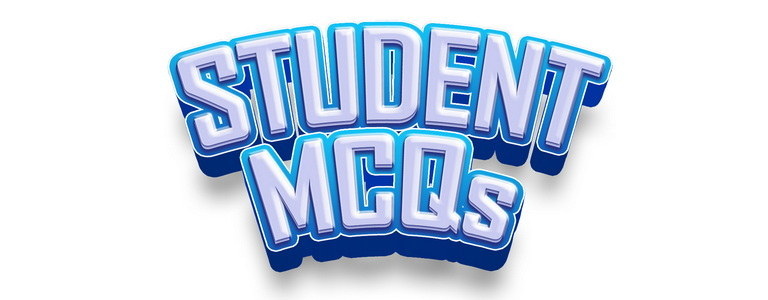Critical Thinking Skills MCQs with Answers

Welcome to the Critical Thinking Skills MCQs with Answers. In this post, we have shared Critical Thinking Skills Online Test for different competitive exams. Find practice Critical Thinking Skills Practice Questions with answers in Logical Test exams here. Each question offers a chance to enhance your knowledge regarding Critical Thinking Skills.
Seating arrangement queries form a segment of reasoning ability in competitive exams. In such questions, you’re presented with details concerning a group of individuals, including how they are seated. The seating arrangements can vary, including triangular, circular, or square formations.
Critical Thinking Skills Online Quiz
By presenting 3 options to choose from, Critical Thinking Skills Quiz which cover a wide range of topics and levels of difficulty, making them adaptable to various learning objectives and preferences. Whether you’re a student looking to reinforce your understanding our Student MCQs Online Quiz platform has something for you. You will have to read all the given answers of Critical Thinking Skills Questions and Answers and click over the correct answer.
- Test Name: Critical Thinking Skills MCQ Quiz Practice
- Type: MCQ’s
- Total Questions: 40
- Total Marks: 40
- Time: 40 minutes
Note: Questions will be shuffled each time you start the test. Any question you have not answered will be marked incorrect. Once you are finished, click the View Results button. You will encounter Multiple Choice Questions (MCQs) related to Critical Thinking Skills, where three options will be provided. You’ll choose the most appropriate answer and move on to the next question without using the allotted time.
Wrong shortcode initialized
Download Critical Thinking Skills Multiple Choice Questions with Answers Free PDF
You can also download Critical Thinking Skills Questions with Answers free PDF from the link provided below. To Download file in PDF click on the arrow sign at the top right corner.
If you are interested to enhance your knowledge regarding English, Physics, Chemistry, Computer, and Biology please click on the link of each category, you will be redirected to dedicated website for each category.
